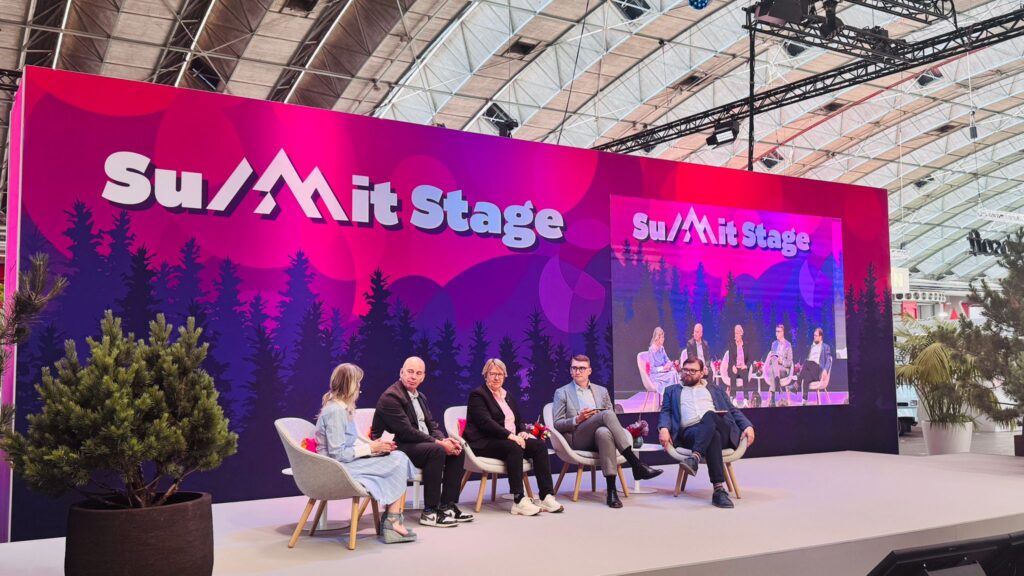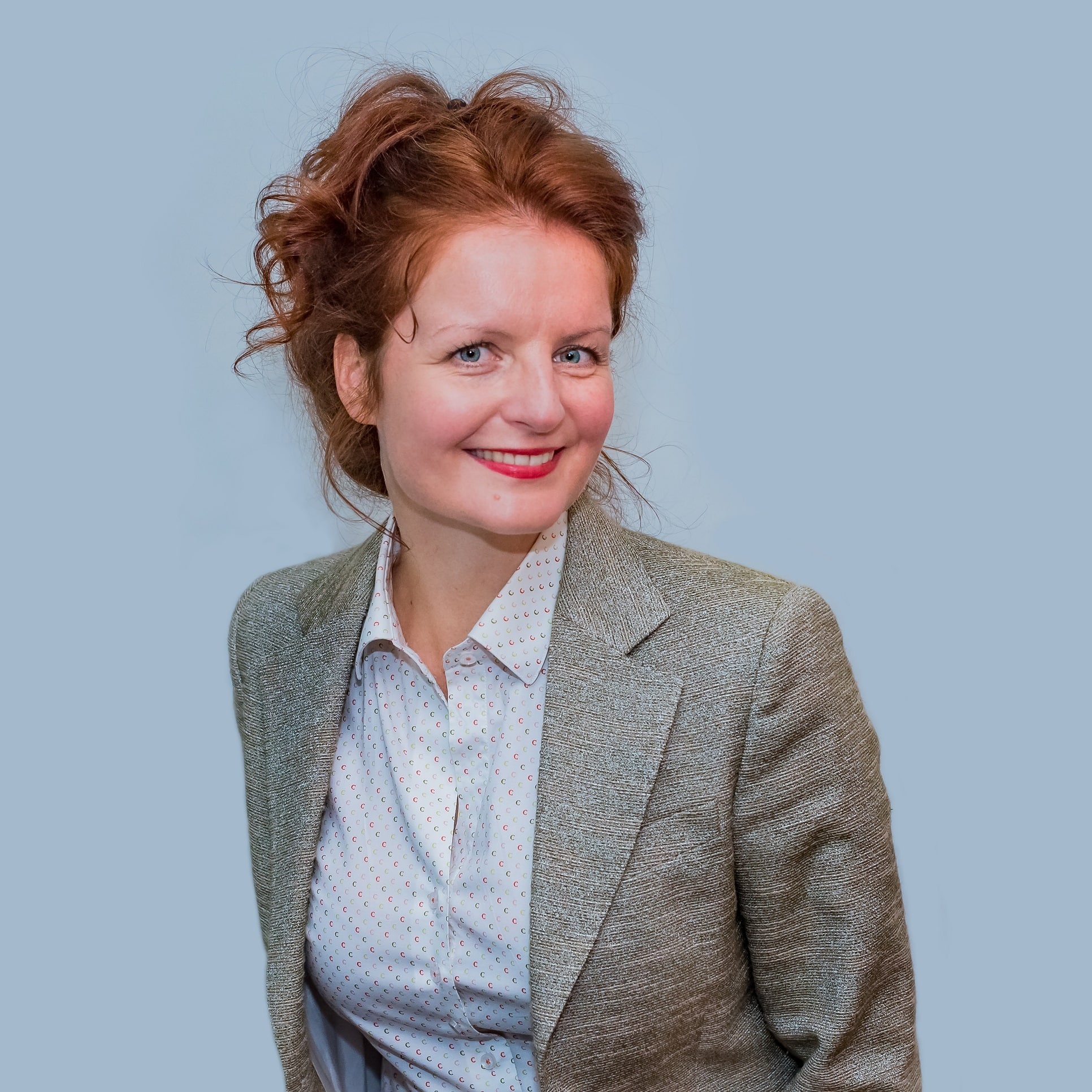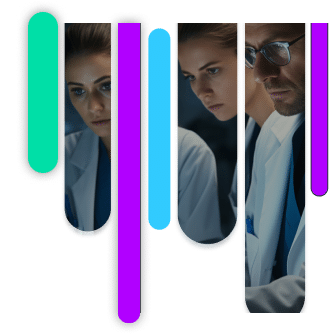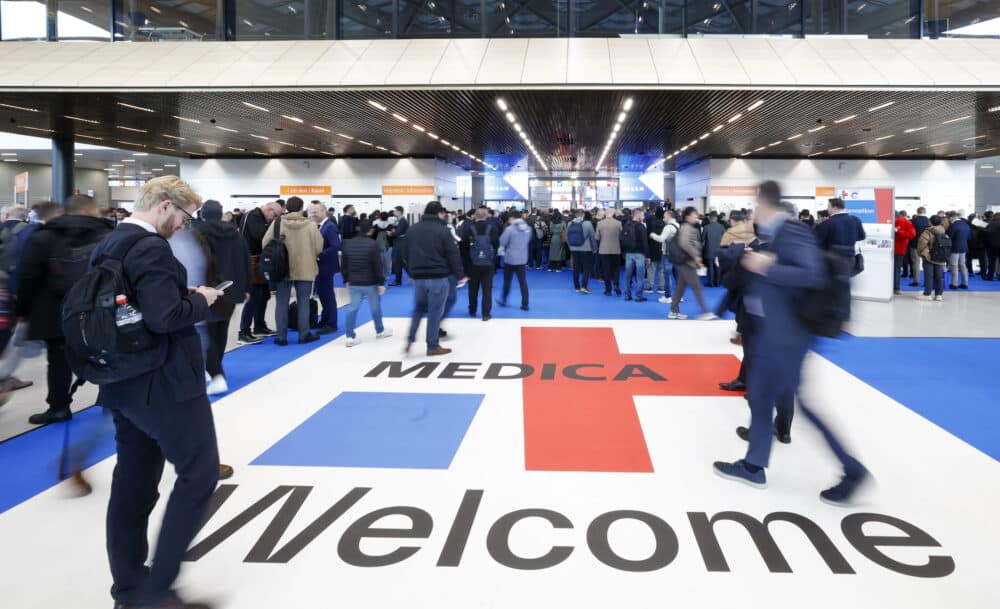HLTH Europe 2025 brought over 5,000 health professionals and industry leaders to Amsterdam this June. As one of Europe’s top events for health innovation, the show offered a valuable opportunity to hear directly from thought leaders, explore real-world use cases, and get a clearer view of where healthcare is headed next.
This year’s theme, “Growth in all its forms,” reflected the sector’s ongoing evolution. Traditional care models are giving way to more flexible, data-driven approaches. AI is making clinical and operational processes more intelligent. And interoperability – no longer a buzzword – is a fundamental requirement.
Excited to represent iMDsoft on the ground, I found it eye-opening to hear how healthcare providers and technology innovators are tackling key challenges – and to explore new ideas that could shape a more connected, efficient, and patient-focused future.
Here are some of my key takeaways from this year’s event.
AI and data: transforming patient care and workflows
Artificial intelligence took center stage across many sessions, and rightly so. With the healthcare sector generating ever-growing volumes of data, the need for powerful tools to analyze, interpret, and act on that information is more urgent than ever.
Many of the sessions and discussions focused on how AI is becoming a transformative force shaping the future of healthcare. With the vast amounts of data generated across the healthcare industry, and AI’s ability to analyze complex datasets, AI has huge potential to advance diagnostics, help clinicians personalize treatments, and improve decision-making. We also heard how national AI strategies, data integration, and smart screening programs are laying the foundation for more predictive, individualized care that could help reduce hospitalizations and shift more care into the home setting.
What stood out to me was the emphasis on responsible AI: ethical use of data, strategies to mitigate bias, and a clear focus on equity and patient safety. As exciting as the technological possibilities are, the consensus was that progress must be thoughtful and inclusive.

Interoperability: the foundation for connected care
Another key theme was interoperability—a challenge many of us are deeply familiar with. Across Europe, hospitals and health systems still struggle with fragmented data and disconnected systems. But HLTH Europe showcased numerous examples of how healthcare organizations are addressing these issues with determination and creativity.
Many discussions highlighted the need for faster adoption of common standards, especially HL7 FHIR, to make data not only accessible, but meaningful and usable across care settings. Some speakers called for moving from guidance to mandates to make interoperability more useful.
A global push for digital health transformation
From the G20’s efforts to align digital health strategies across borders to the European Health Data Space (EHDS) initiative, it’s clear that international collaboration is becoming central to healthcare transformation. Discussions focused on accelerating research translation, fostering new investments in AI and healthcare innovation, and driving digital transformation that support better access, efficiency, and patient outcomes across health systems.

Looking ahead
HLTH Europe 2025 made one thing abundantly clear: the future of healthcare will be shaped by collaboration, data, and a shared commitment to improving outcomes. Events like this are essential in creating the connections, conversations, and momentum needed to drive that future forward.
At iMDsoft, we’re excited to be part of that journey, developing clinical information systems that support interoperability, enhance workflows, and ultimately contribute to safer, more personalized care.
Want to see how MetaVision clinical information system is shaping critical and acute care worldwide? Check out the iMDsoft Newsletter for success stories, solutions, and industry trends.





 Back to lobby
Back to lobby 








